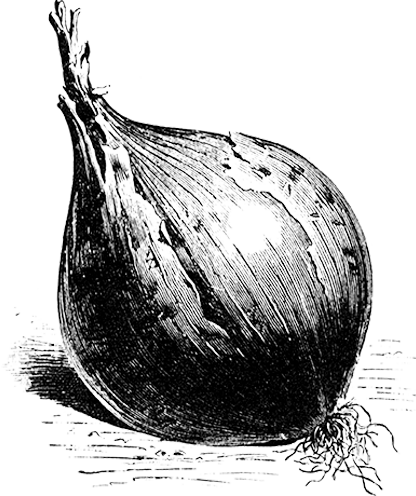Information
Also called wild catnip. Loved by both pollinating insects and cats. The plants bloom with white flowers in the first year. Soon you will have plump, bushy plants of up to about 70cm unless a cat has chewed up the small plants or rolled in them. Dry the leaves and use to make cat toys or use for tea. Traditionally, catnip has been used to treat a wide range of ailments but also as food. Try making St. John's wort with catnip, like the Italians. Or use it as a filler in bouquets.
The plants are perennial and overwinter in almost the entire country. They thrive best in well-drained, especially sunny places and bloom in June-September.
One portion contains about 500 seeds.
| Product number: | 702 |
|---|---|
| Scientific name: | Nepeta cataria |
| Botanic family: | The Mint Family - Lamiaceae |
| Organic: | Yes |
| Lifespan: | Perennial |
| F1 Hybrid: | No |
| New variety: | Yes |
| Sowing time: | Pre-cultivate: Feb–March, May-Sep |
| Sowing depth: | 0-0,5 cm |
| Germination time: | 1-3 months |
| Plant spacing: | 25-35 cm |
| Row spacing: | 50 cm |
| Height: | 60 cm |
| Plant location: | Sun |
| Harvest/blooming: | June-Sep |
| Seeds/g: | 1300-1500 seeds |
| Other: | May need stratification, light |
| Heirloom variety: | No |
Cultivation advice
Sowing
If germination does not occur after 3–4 weeks a cooling period of 2–4 weeks is recommended.
Spacing
Keep 25-35 cm between the plants.Harvest
Blooms from June to September, sometimes October in the southern parts of Sweden.Seed
1300-1500 seeds/gOne portion contains about 500 seeds
